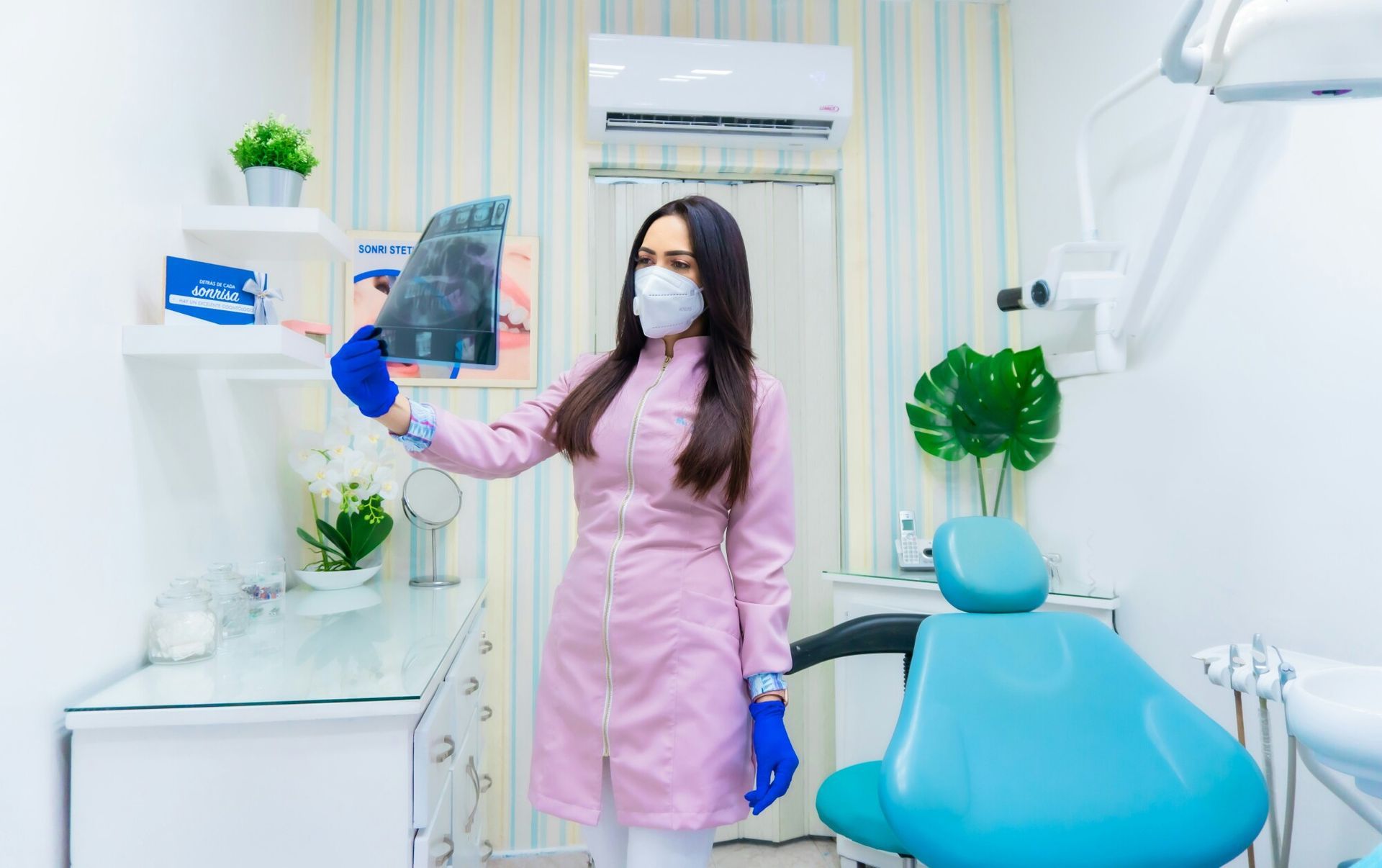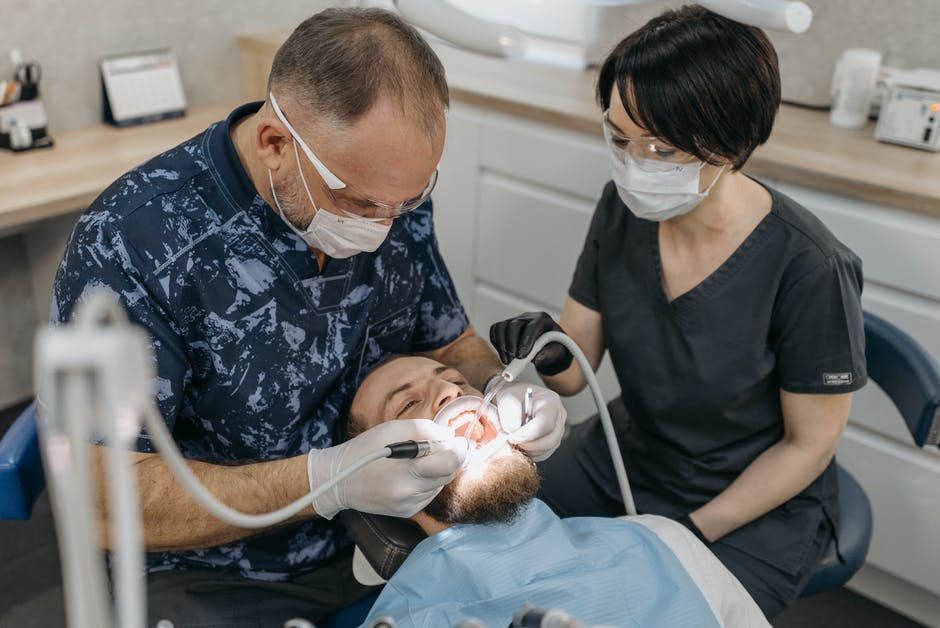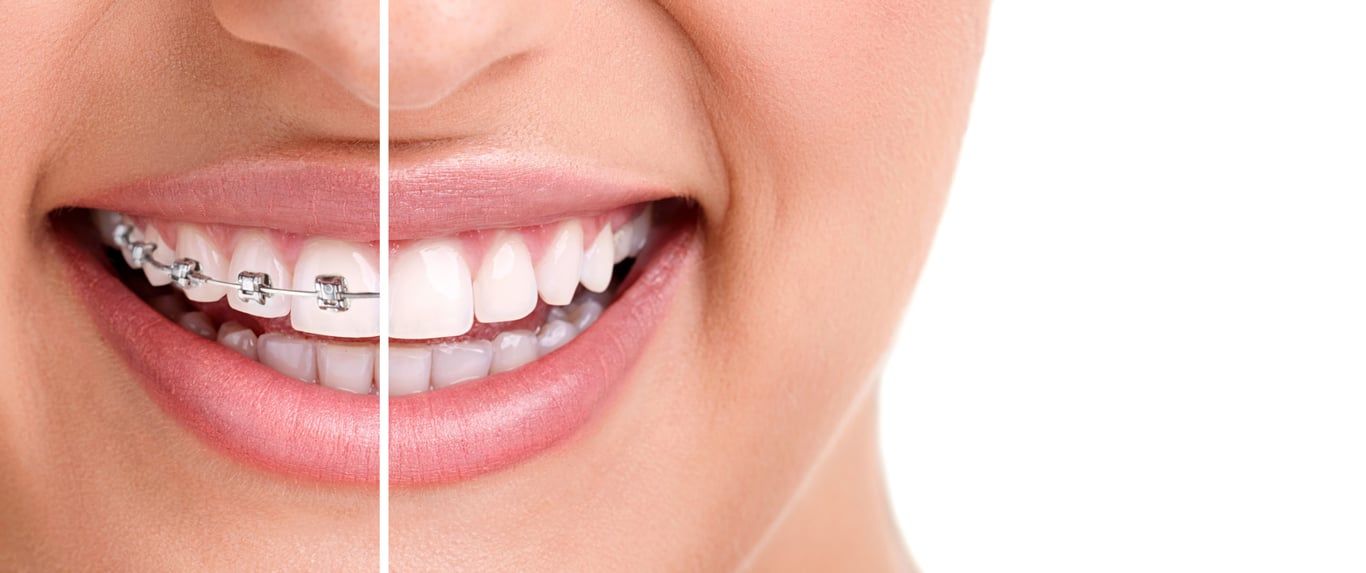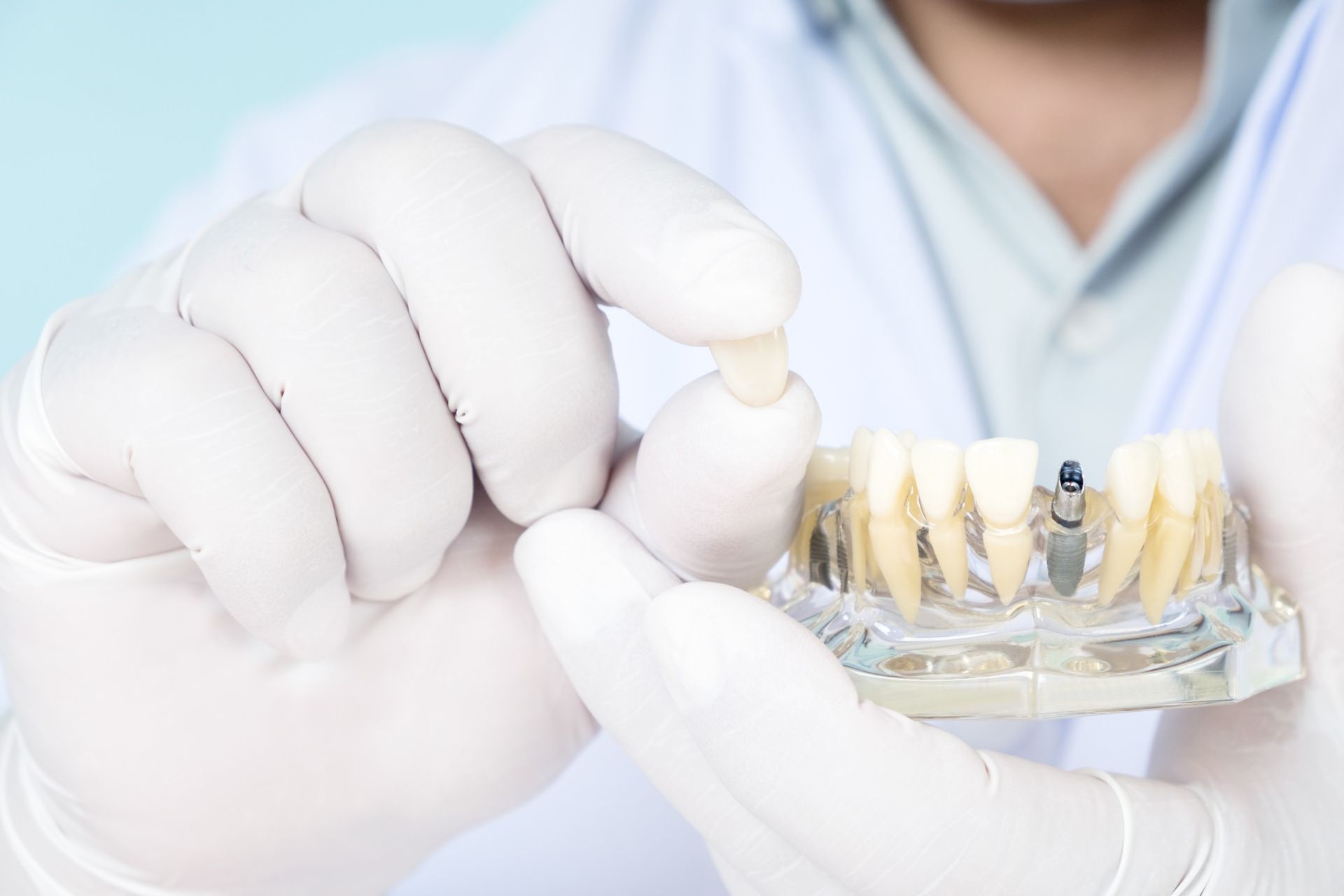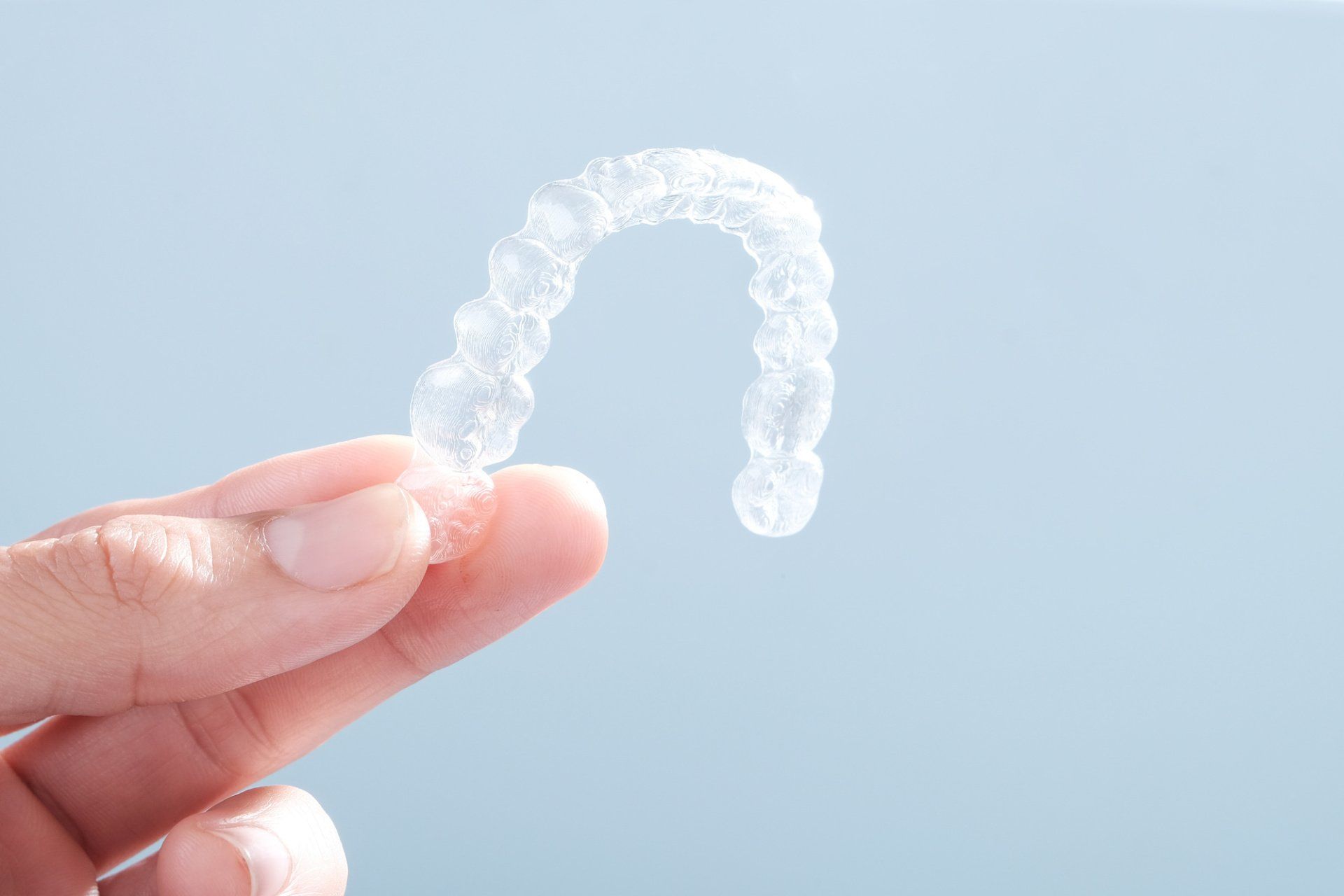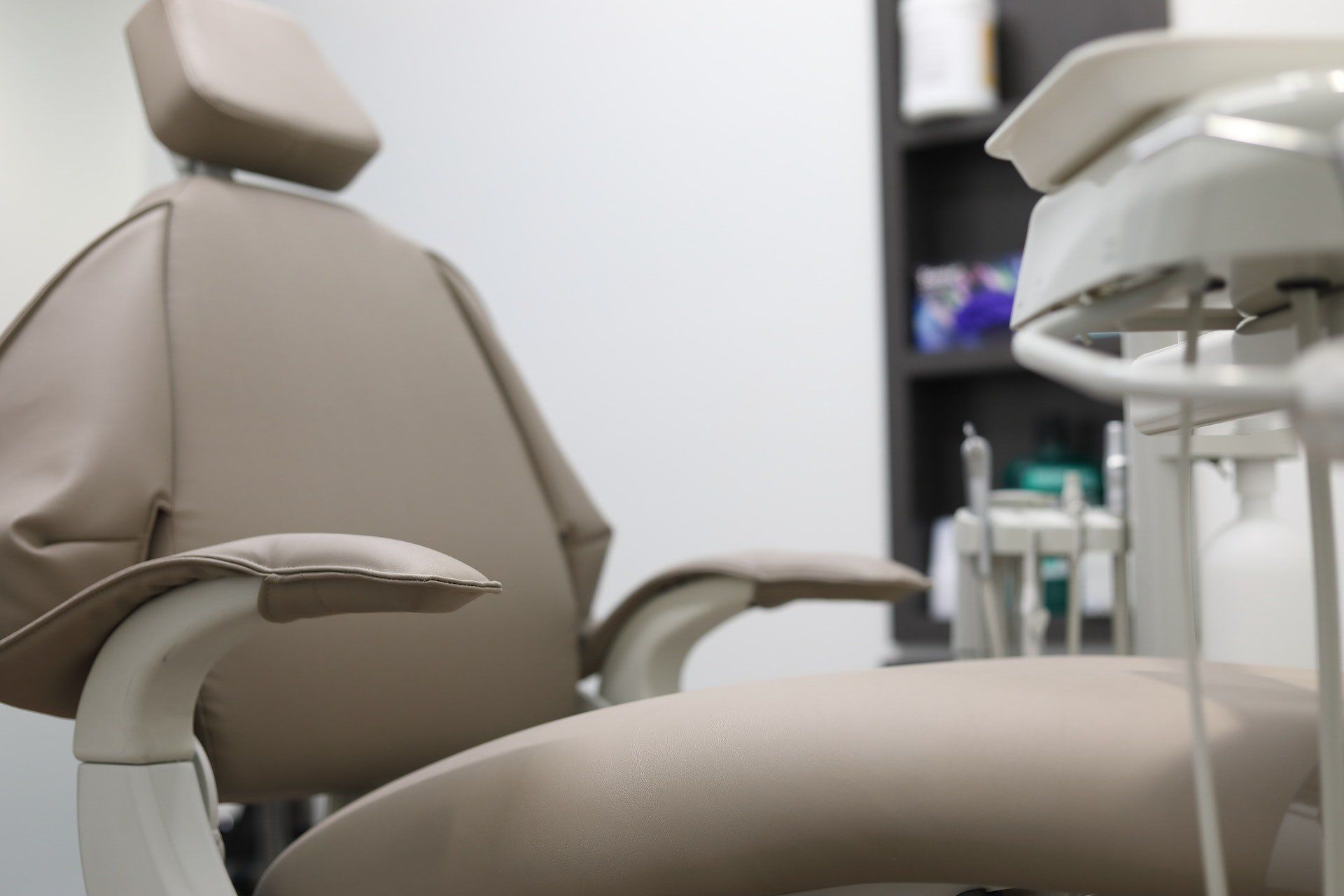How to Protect Your Teeth from Gum Disease
Gum disease, also known as periodontal disease, affects 42% of adults in the US. It occurs when bacteria build up in your mouth, leading to inflammation and infection of the gums. This can cause symptoms like red, swollen gums, bleeding when brushing or flossing, and bad breath.
If left untreated, gum disease can lead to tooth loss and has been linked to other health issues, such as heart disease and diabetes. When facing gum disease, it is essential to weigh your options carefully, including whether to use gum disease medication or explore alternative treatments first.
Which method of dental care is suitable for you?
Recognizing Gum Disease Symptoms
Before deciding on treatment, it is crucial to be proactive and recognize the signs of gum disease. The early stages are often painless, which means many people might not realize they have a problem. Common signs include:
Gingivitis: This is a mild form of gum disease. Symptoms include swollen and red gums that may bleed during brushing or flossing. Gingivitis is often reversible with good oral hygiene.
Periodontitis: If gingivitis is left untreated, it can progress to periodontitis. This stage is more severe and can lead to the loss of tooth-supporting structures. Symptoms may include gum recession, pockets forming between the teeth and gums, and more significant bleeding.
Recognizing these signs early is vital. If you suspect you have gum disease, consult a dentist for a professional evaluation.
Gum Disease Medication Options
If your dentist diagnoses you with gum disease, they might prescribe medications. These can come in various forms, including:
- Antibiotics: These medications help fight the bacteria causing the infection. They can be administered as pills or gels or applied directly to the gums during a dental visit.
- Antimicrobial Mouthwashes: Some mouth rinses contain chlorhexidine or other antiseptic agents that help reduce plaque and gingivitis.
- Topical Treatments: Gels or pastes that contain antibiotics can be applied directly to the gums.
While these medications can be effective, they also have potential side effects. If overused, antibiotics can lead to digestive issues, allergic reactions, or resistance to other medications. It is essential to discuss these risks with your dentist.
Exploring Alternative Options
Before jumping straight to medication, consider alternative treatments and lifestyle changes. Here are some options:
- Improved Oral Hygiene: Better dental care is the most effective way to combat gum disease. This includes brushing twice daily, flossing daily, and using an antibacterial mouthwash. Consider using an electric toothbrush, which can be more effective than manual brushing.
- Regular Dental Checkups: Visiting your dentist regularly for cleanings and checkups can help prevent and catch gum disease early. Your dentist can remove plaque and tartar buildup that you might not be able to reach at home.
- Dietary Changes: Eating a balanced diet rich in vitamins and minerals can strengthen your immune system and improve oral health. Foods high in vitamin C, like oranges and strawberries, can help support gum health. Avoid sugary snacks and drinks, which can lead to increased plaque formation.
- Quit Smoking: Smoking is a significant risk factor for gum disease, doubling your chances of developing it. Quitting can significantly improve your gum health and overall well-being if you smoke.
- Natural Remedies: Some people find relief using natural remedies, such as saltwater rinses or tea tree oil, which may have antibacterial properties. However, these should not replace conventional treatments; they can be used alongside them.
- Stress Management: Stress can weaken your immune system, making it harder for your body to fight infections. Consider incorporating stress-reducing activities like yoga, meditation, or exercise into your routine.
Weighing the Pros and Cons
When deciding whether to use gum disease medication or explore other options, first, consider the following pros and cons:
Pros of Medication:
- Quick Results: Medications can quickly relieve symptoms and help clear infections.
- Professional Guidance: Your dentist will guide you on the proper medications and dosages.
Cons of Medication:
- Side Effects: Medications can have side effects that may affect your overall health.
- Temporary Solution: While medications can treat the symptoms, they do not address the underlying causes of gum disease. Without lifestyle changes, the disease can return.
Pros of Alternative Options:
- Holistic Approach: Focusing on lifestyle changes can lead to long-term improvements in your overall health.
- No Side Effects: Most alternative methods have few to no side effects and can be easily incorporated into your daily routine.
Cons of Alternative Options:
- Time-Consuming: Improving your oral hygiene and making lifestyle changes can take time before you see significant results.
- Requires Commitment: You must maintain a consistent oral care routine and healthy lifestyle.
Making the Right Choice for You
The decision between using medication and exploring alternative options depends on several factors, including the severity of your gum disease, overall health, and personal preferences.
Severity of Gum Disease: If your gum disease is mild (gingivitis), you might be able to manage it effectively with lifestyle changes and improved oral hygiene. However, if it has progressed to periodontitis, medication may be necessary.
Consult Your Dentist: Always discuss your options with your dentist. They can provide tailored advice based on your situation and may suggest a combination of treatments.
Listen to Your Body: Your body is your best ally in this fight against gum disease. Pay attention to how it responds to any treatments you try. If you experience side effects from medication or if lifestyle changes are not yielding results, do not hesitate to consult your dentist again. Your body's signals are important and should not be ignored.
Educate Yourself: Understanding the causes and effects of gum disease can empower you to make informed decisions about your treatment options.
Visit a Dental Clinic You Can Trust in Mt. Laurel Township, NJ
Gum disease is a common but serious condition that requires attention and care. Whether you choose medication or alternative options, the key is to stay proactive about your oral health. Start with a visit to a dentist, practice good oral hygiene, and remember that lifestyle changes can significantly support your overall well-being. By making these changes, you can take control of your oral health and empower yourself to prevent and manage gum disease.
Ask Mt. Laurel Dental and Implant Center questions about gum disease medication so that you receive dental care tailored to your needs. Our skilled team utilizes the latest technology and techniques to diagnose and treat gum issues effectively, helping you achieve a healthier smile.




